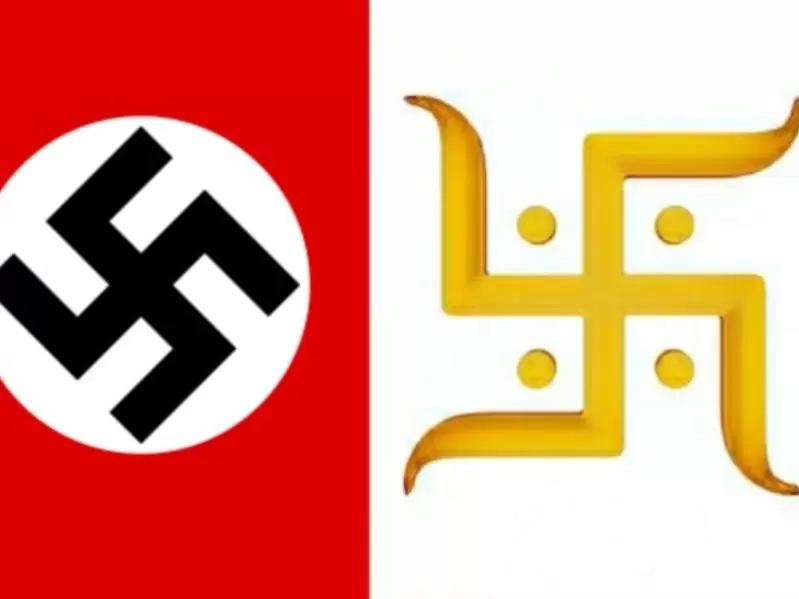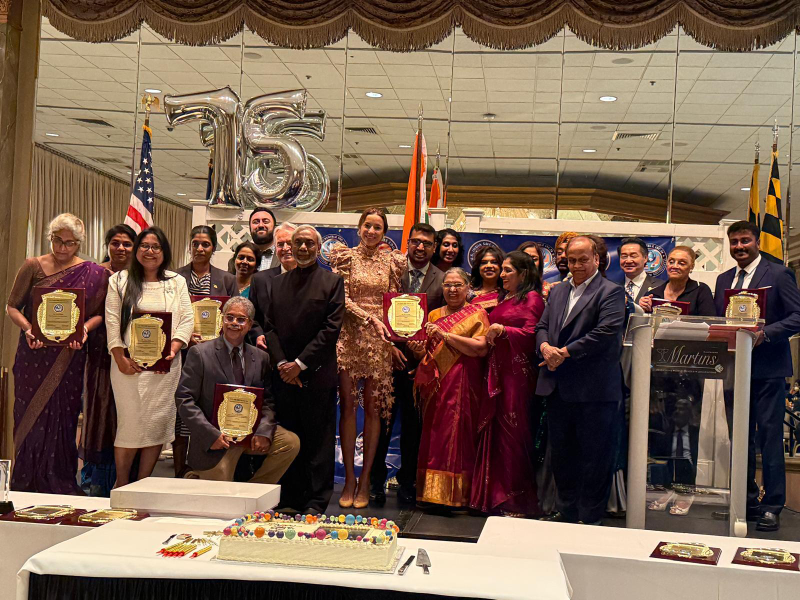Faith groups urge Canada to fix ‘Swastika’ wording in new anti-hate bills
A multi-faith coalition has warned against the misuse of “Swastika” in Bill C-9, saying that it could harm religious freedoms.
 Nazi Hakenkreuz (right) and Swastika symbol (left). / Pexels
Nazi Hakenkreuz (right) and Swastika symbol (left). / Pexels
More than 70 faith-based organizations across Canada have urged federal lawmakers to correct what they call a serious error in the wording of proposed anti-hate measures that conflate the ancient “Swastika” with the Nazi “Hakenkreuz.”c
The coalition—which includes Hindu, Jewish, Muslim, and interfaith groups—has written to Parliament calling for amendments to Bill C-9, the ‘Combatting Hate Act’ introduced by MP Sean Fraser on Sep. 19, and Petition e-6625, tabled by MP Melissa Lantsman. Both measures aim to curb hate symbols, but the signatories say the language used risks criminalizing sacred expressions of faith for millions of Canadians.
At the center of the concern is how the two measures refer to the Nazi symbol. Bill C-9 describes it as “the Nazi Hakenkreuz, also known as the Nazi Swastika”, while Petition e-6625 calls to “finally ban the Swastika”. Critics say this formulation wrongly equates the Swastika—an ancient symbol of peace and well-being in Hinduism, Buddhism, and Jainism—with the Nazi emblem of hate.
“This detail around words is critical,” said Rishabh Saraswat, president of CoHNA Canada, one of the coalition’s leading organizations. “We ask for a simple fix to ensure Canada can combat hate for all communities while also advancing the cause of accuracy.”
The coalition’s letter warns that the current wording could create a “legal minefield". Under Bill C-9, symbols “so nearly resembling” a banned emblem could be subject to prosecution. Faith groups fear that Canadians displaying Swastikas in temples, homes, or festivals could face investigation for hate crimes.
Earlier this year in the US, Virginia enacted a law distinguishing the Nazi Hakenkreuz from the sacred Swastika. In Canada as well, Montreal police have revised their hate crime manual, replacing “drawing a Swastika” with “graffitiing Nazi symbols” to prevent misinterpretation.
ALSO READ: New Virginia law separates Swastika from Nazi symbol
“Our ask is simple: we urge lawmakers to remove all references to the ‘Swastika’ and accurately name the banned symbol as the ‘Nazi Hakenkreuz,’” the letter states. The coalition cites historical evidence showing that Adolf Hitler and the Nazis never used the term “Swastika,” referring instead to their emblem as the “Hakenkreuz,” meaning “hooked cross.” Early 20th-century Western media, they note, used the same term when reporting on the Nazi rise.
Mark Sandler, chair of the Alliance of Canadians Combatting Antisemitism, echoed the coalition’s concern, saying that “a prohibition on displaying the swastika, without recognizing its sacred meaning to Hindus, Buddhists, and Jains, would almost certainly be unconstitutional". Such a ban, he said, would violate Section 2(a) of the Canadian Charter of Rights and Freedoms, which protects freedom of religion and conscience.
The coalition points to real-world consequences of confusion around the symbol. Hindus in Canada have reported being questioned by police or reported to employers and building managers for displaying Swastikas in private spaces. A Hindu woman named Swastika was barred from using Uber in Australia, and a caretaker in the UK lost his job over a Swastika tattoo.
For years, Hindu, Jain, and Buddhist groups have asked that the government and media avoid the phrase “Nazi Swastika”. Police departments in Peel and Montreal have since revised their training materials, and similar corrections have been adopted in U.S. states like Virginia and California, and in Australian states such as Victoria and New South Wales.
ALSO READ: Montreal Police revise manual to distinguish Swastika
The coalition argues that Canada now has a chance to do the same—upholding both its commitment to combating hate and its protection of religious freedom.
ADVERTISEMENT
ADVERTISEMENT
E Paper
Video



 Pranavi Sharma
Pranavi Sharma













Comments
Start the conversation
Become a member of New India Abroad to start commenting.
Sign Up Now
Already have an account? Login